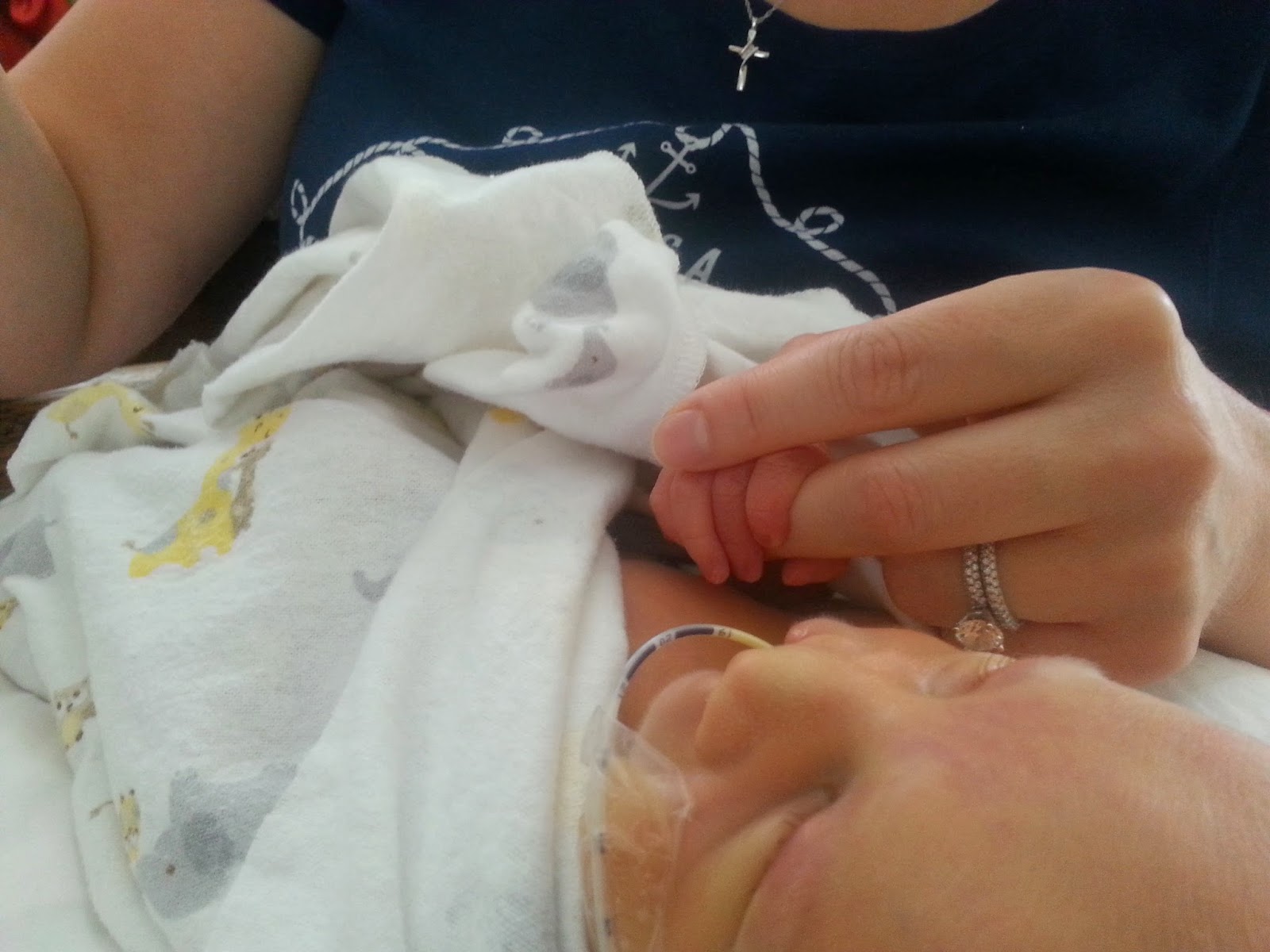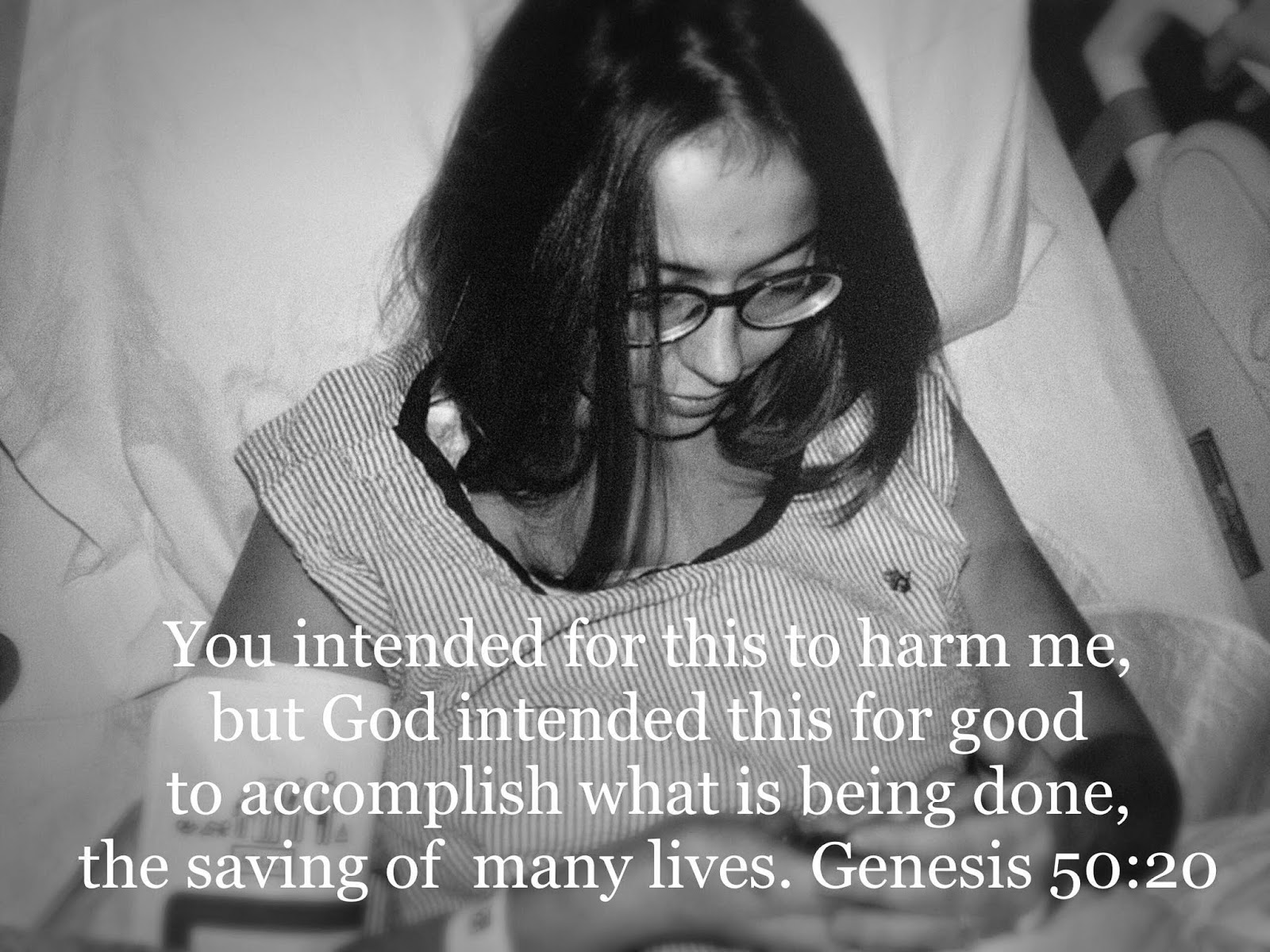Phari-blind or Phari-see?
Does Jesus point to the dis-ingenuity of the Pharisees in John 9:40-41? Or is it something different? The Pharisees ask Jesus an undoubtedly wisenheimer-ish question when they say, "Do you think we are blind?" Surely he speaks to something we need to understand when he says to them, "You say you can see, but your sin/ guilt/ blame remains." After reading "The Message" translation, it seems the Jesus might be pointing to the holy stature and posture that the Pharisees claim to have and outwardly portray to the Jews. These were men who strictly interpreted Mosaic law and were not to be intellectually or spiritually challenged by some unknown vagabond. In an earlier passage in John, the Pharisees are quoted to have said to one another about Jesus, "Where does he get his knowledge? He isn't classically trained in Mosaic/ Old Testament scripture like we are, but he quotes it perfectly." The truly scary thing to them was not just that Jesus was an intense scholar of scripture, but he challenged it. He forced people to question the interpretation of the old laws and begin to apply to their lives in real ways.
When Jesus tells the Pharisees that, essentially, "you would have been better off just claiming to be blind." They claim to understand God's word, but they are simply posturing. They are the older brother in the "prodigal son" parable. They apparently do everything right and follow the law hoping to gain favor with God through their works, but they don't let the Word transform them from the inside-out. When Christ gives free "sight" to those who admit their blindness, the Pharisees can't comprehend why his God would ever want to do such a thing. "Didn't they make themselves blind by their lawlessness?" As the prodigal older brother might say, "They squandered God's opportunity. Let them sleep and eat with the hogs! You get what you deserve!" Even Jesus' consistent message of calling God "the Father" was a radical statement and point of contention for the Pharisees. This made God "touchable" and seemingly real. They needed a high King who was far worthier than them so they could keep working to please him! But the Father's love was free to those who would admit their blindness. By claiming they "see" the Pharisees infer they have already achieved God's favor through their rote religiosity. Jesus' shows us that the favor of the Father comes when we show our vulnerability and understand our brokenness. This brokenness gives us a thirst that only his living water can quench. Jesus takes us to this well. As long as we continue to seek Him and follow Him, the well will never be dry!
When Jesus tells the Pharisees that, essentially, "you would have been better off just claiming to be blind." They claim to understand God's word, but they are simply posturing. They are the older brother in the "prodigal son" parable. They apparently do everything right and follow the law hoping to gain favor with God through their works, but they don't let the Word transform them from the inside-out. When Christ gives free "sight" to those who admit their blindness, the Pharisees can't comprehend why his God would ever want to do such a thing. "Didn't they make themselves blind by their lawlessness?" As the prodigal older brother might say, "They squandered God's opportunity. Let them sleep and eat with the hogs! You get what you deserve!" Even Jesus' consistent message of calling God "the Father" was a radical statement and point of contention for the Pharisees. This made God "touchable" and seemingly real. They needed a high King who was far worthier than them so they could keep working to please him! But the Father's love was free to those who would admit their blindness. By claiming they "see" the Pharisees infer they have already achieved God's favor through their rote religiosity. Jesus' shows us that the favor of the Father comes when we show our vulnerability and understand our brokenness. This brokenness gives us a thirst that only his living water can quench. Jesus takes us to this well. As long as we continue to seek Him and follow Him, the well will never be dry!



Comments
Post a Comment